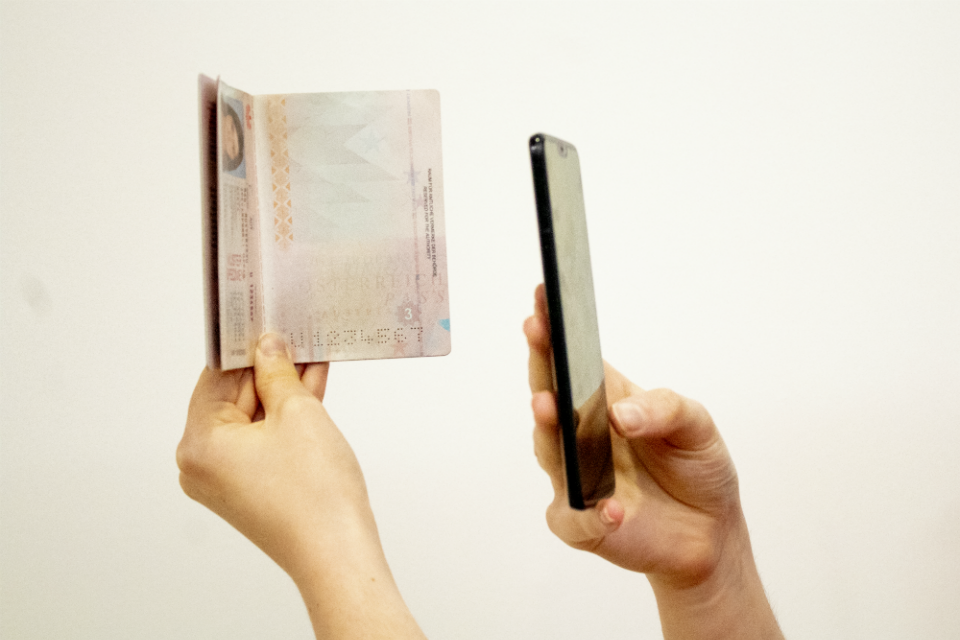Shufti shows ID document fraud increase, Onfido warns of tighter regulations
Growing fraud risk is no surprise to anyone around the digital identity landscape, but Shufti Pro’s findings that identity document forgery remains a major attack vector, with a 30 percent year-over-year increase, compared to an 18 percent increase in the overall fraud rate.
The biometric fraud rate also increased by 12 percent from 2021 to 2022, according to Shufti Pro.
The ID Fraud Report 2022 also shows that the world’s highest fraud rate is in Iraq (55 percent), while nearby Bahrain tied with South Korea at less than 1 percent, the lowest rate of any countries.
“During 2022, we saw a spike in certain fraudulent activities and exploitation of ID documents retained the top position on the list. Moreover, fraudsters are not using standard pixel manipulation techniques as we have also seen an increase in AI-generated fraud manipulation,” says Victor Fredung, the CEO of Shufti Pro. “Yes, criminals are getting smarter. But as long as the anti-fraud industry stays up to date, we will continue to have an advantage over fraudsters.”
The company also announced that Canadian mobile payment application CleverDo has integrated Shufti’s identity verification to meet its KYC, KYB and AML obligations.
CleverDo has a footprint in Spain and plans for a move into the South African market as well.
Regulators move
Onfido Director of Policy Matt Peake writes in a company blog post that UK cryptocurrency regulation is coming for UK firms providing services to consumers anywhere in the word, and also for firms based elsewhere and serving consumers in the UK.
A consultation on ‘Future financial services regulatory regime for cryptoassets’ was published by HM Treasury this month, setting out a proposal to allow innovation among crypto firms, without the wild financial instability that has crushed the fortunes of numerous consumers.
Customer onboarding wins in investment, insurance and banking
The deployment of Facephi biometrics by Korea Investment & Securities (KIS) has allowed the investment services provider to validate new accounts without requiring a bank transfer.
The legacy identity verification method, in which a nominal sum was transferred as a fee, a selfie biometric check with Facephi’s passive liveness detection to thwart presentation attacks is used.
“KIS’s confidence in applying our technology for its onboarding services is a great endorsement for Facephi, which is strengthening its position as one of the most versatile biometric technology providers in Korea,” states Facephi APAC CEO Dongpyo Hong.
The company’s biometric technology for customer onboarding was approved for the Korean market a year ago.
CyberLink has signed up Taiwanese insurer Yuanta Life to verify customer identities for digital KYC with the FaceMe eKYC & Fintech solution’s selfie biometrics.
The partnership reflects a trend of accelerated digital transformation in insurance brought on by the Covid pandemic.
CyberLink’s facial recognition matches the customer to their ID document, which is checked for authenticity with the company’s OCR and AI-based technology.
Switzerland-based fintech Fluid Finance has contracted Sumsub to streamline user onboarding and enhance its fraud detection with all-in-one identity verification.
Fluid combines traditional and digital finance, and turns to Sumsub for help with KYC and AML compliance.
“Sumsub’s all-in-one verification platform, with its customizable AML, KYC, Liveness and Proof of Address solutions, is a perfect match for an innovative fintech company focused on ambitious goals and global growth,” says Sumsub CEO and Co-founder Andrew Sever.







